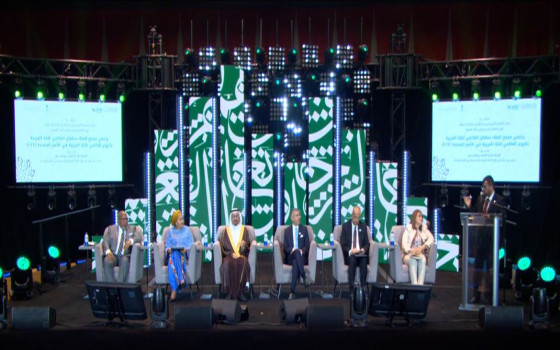
The United Nations celebrates the Arabic language: the language of poetry and the arts

- Europe and Arabs
- Tuesday , 19 December 2023 12:19 PM GMT
New York: Europe and the Arabs
Under the slogan “Arabic: The Language of Poetry and Arts,” the United Nations celebrated the International Day of the Arabic Language, which is spoken by more than 400 million people, and which has a very special status for nearly two billion Muslims on this planet as the language of the Holy Qur’an.
International Arabic Language Day is celebrated annually on December 18 of each year, and this year’s celebration coincides with the fiftieth anniversary of its adoption as an official language of the United Nations as a result of a resolution adopted by the General Assembly in 1973. According to what was stated in the daily news bulletin of the United Nations, a copy of which we received this morning. Tuesday
The United Nations Educational, Scientific and Cultural Organization (UNESCO) established this international day in 2010 in an effort to celebrate linguistic pluralism and cultural diversity, as well as to promote the equal use of all six official working languages in all arms of the United Nations organization.
A celebratory event was held at the permanent headquarters of the United Nations on the occasion of World Day - sponsored by the Saudi Minister of Culture in cooperation with the King Salman International Academy for the Arabic Language, in which a number of Arab and international officials praised the role of the Arabic language in enriching human heritage and its contributions to science, history, philosophy, arts and other fields.
"Harmonious Thread"
UN General Assembly President Denis Francis said that the Arabic language has crossed borders and is now “the harmonious thread that weaves the diverse fabric of communication across vast lands” from the Gulf to Morocco and Mauritania.
Mr. Francis noted that the Arabic language has left “indelible imprints on other languages,” and that its rich range of contributions in various disciplines “testifies to the depth and breadth of Arab influence.”
A legacy for future generations
As for Ms. Amina Mohammed, Deputy Secretary-General of the United Nations, she stressed that some of the words that were absorbed from Arabic into English are a testimony to “how much the West owes to the Arab world,” adding that Arabic is much more than just a language for many around the world.
“One of the Arabic words that is widely understood around the world is simply peace, and what a powerful message in the times we find ourselves in,” she said.
The Deputy Secretary-General expressed her sincere hope that today's celebrations will inspire pride in the Arabic language, "not only as an important symbol of identity and peace, but as a cherished legacy for future generations."
"A sign of God's signs"
For his part, Dr. Abdullah Al-Washmi, Secretary-General of the King Salman International Academy for the Arabic Language, pointed out that we still repeat and understand the verses of poetry that were written more than fifteen hundred years ago in Najd and Hijaz, and we teach them to our children, stressing that “our languages bring us closer, and our different tongues are an important verse of “Ayatollahs.”
The Saudi Ambassador to the United Nations, Abdulaziz bin Muhammad Al-Wasel, said that the Arabic language has preserved its cultural identity and is distinguished by the fact that it carries a great heritage and intellectual, literary and scientific production extending back to more than 14 centuries, and is one of the pillars of the cultural diversity of humanity.
He added that his country pays great attention to the task of promoting the Arabic language, the language of poetry and arts, “whose words almost depict scenes of nature, whose words represent the dangers of souls, and whose meanings are revealed by the bells of words,” to contribute to drawing cultural identity and carrying the cognitive and historical legacy.
A language created to be universal
Ms. Nasiriyah Al-Faliti, Deputy Permanent Observer of the League of Arab States to the United Nations, praised the Arabic language, which “sits on its global throne as an extended language of science, literature, thought, politics, and culture that will never and will never fade.”
She said: “Today we celebrate a language that was created to be universal when it served as a clear tongue that illuminates the paths and a cultural bridge linking peoples and civilizations. For decades and generations, it has carried on its shoulders the landmarks of true Arab-Islamic civilization, and it was and still is a scientific tributary and knowledge resource from which nations draw.”
The natural incubator
For his part, the Egyptian Ambassador Osama Abdel Khaleq, head of the Arab Group at the United Nations for the month of December, stood in greeting and reverence before the great figures who contributed to preserving the Arabic language over hundreds of years and worked to develop and adapt it so that it reaches us today, complete and undiminished. We speak. It has a clear Arabic language that accommodates the diversity of our dialects and cultures throughout our Arab region and around the world.”




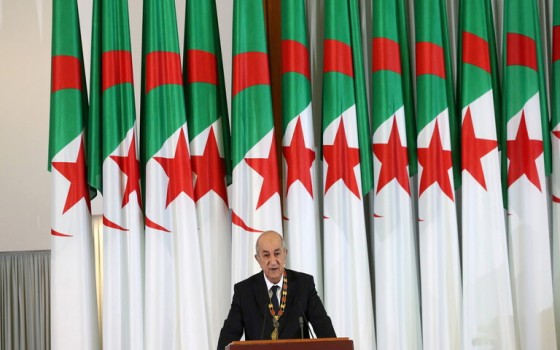
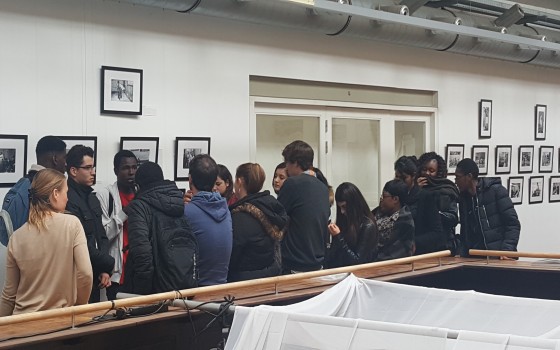
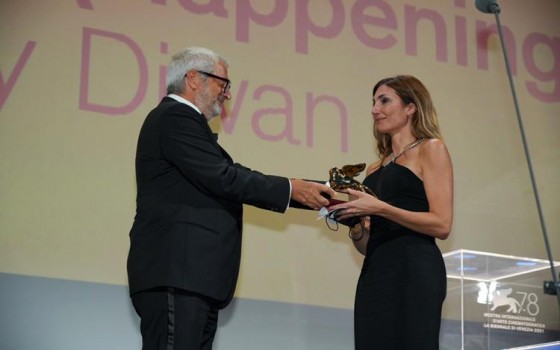
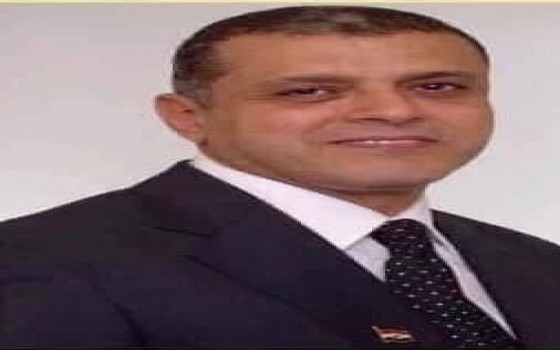
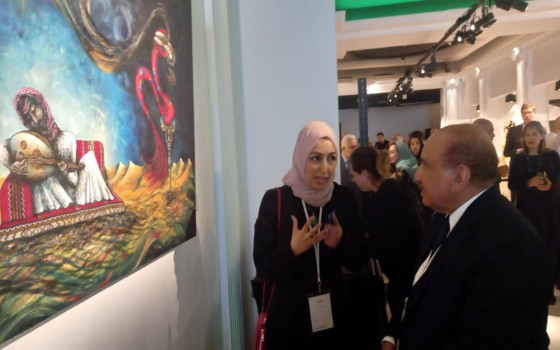


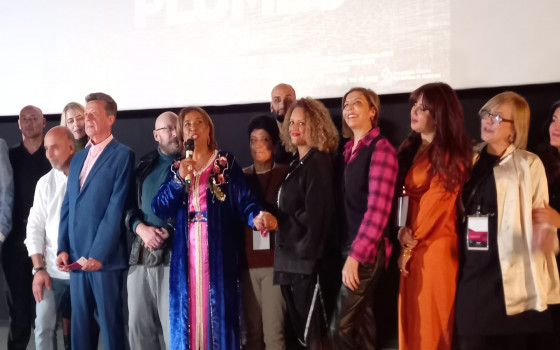
No Comments Found